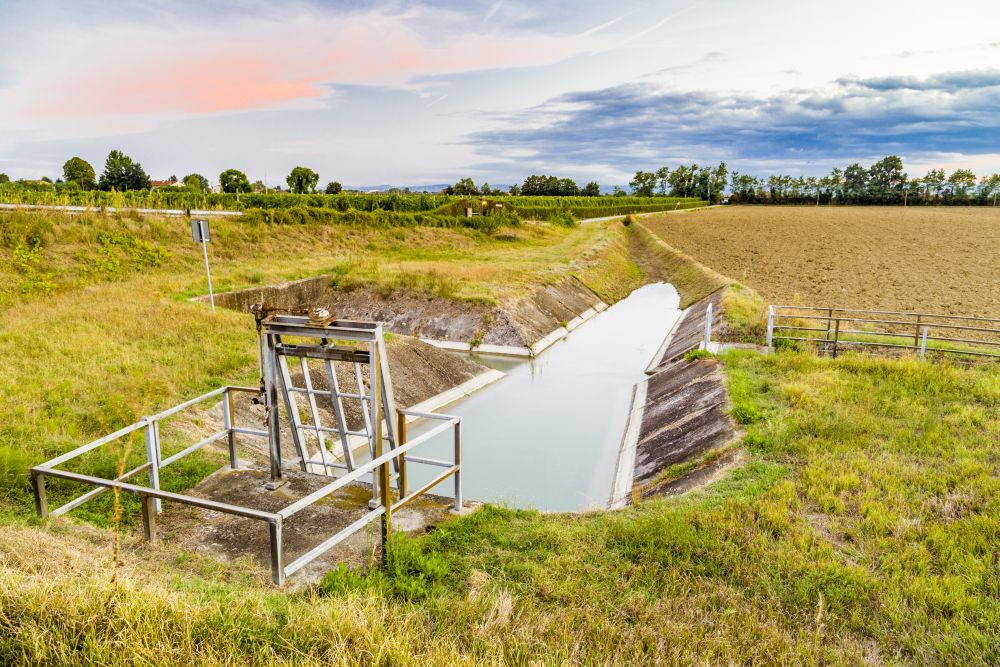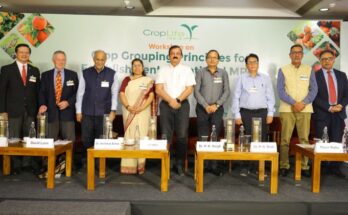Union Minister for Water Resources, River Development and Ganga Rejuvenation, Shipping, Road Transport & Highways Nitin Gadkari released a book ‘Water productivity mapping of major Indian crops’ published by National Bank for Agriculture and Rural Development (NABARD) at a function in New Delhi today.
Addressing the gathering, Gadkari said that there is no scarcity of water in the country but we have to improve upon the planning and management of water resources. The government is thinking about innovative ways for better management of water resources. Proposal for three projects at Tutikorin, Paradip and Kandla are under consideration where sea water can be desalinised and used for irrigation and other works.
He further said that we are in a process to encourage pipelines in place of long canals. Piped and drip irrigation will definitely conserve water. We are committed for the vision of ‘Har Khet Ko Pani’ and ‘Per Drop More Crop’. He also stressed on the need of water testing like soil testing before cultivating any crop. This will improve crop yield and avoid wastage of water also.
The book ‘Water productivity mapping of major Indian crops’ is based on study of 10 important crops by a team under the leadership of leading agricultural economist Dr. Ashok Gulati. The 10 important crops include rice, wheat, maize, pulses, oilseeds, sugarcane, cotton and potato among two other crops. The book suggests to realign cropping pattern keeping in view water scarcity of irrigation, ration irrigation supplies in canal irrigation system, improve micro-irrigation and invest in water harvesting and artificial recharge and encourage participatory irrigation management through water user association and farmer producer organisations.
Speaking on the occasion, UP Singh, Secretary Ministry of Water Resources, River Development and Ganga Rejuvenation emphasised on the need of short term measures also for water conservation. He said that perforated Borings should be used for quick recharge and storage for underground water.
NABARD releases water productivity mapping report for 10 crops




